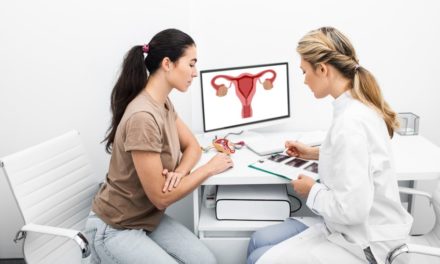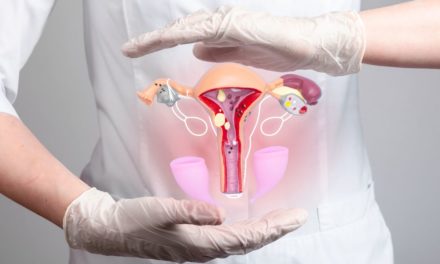Introduction
Frigidity, also known as female sexual arousal disorder or hypoactive sexual desire disorder, is a complex and often misunderstood condition that affects some women’s sexual experiences. It can manifest as a lack of sexual desire, difficulty in becoming aroused, or an inability to achieve orgasm. Failure of a female to respond to sexual stimulus; aversion on the part of a woman to sexual intercourse; failure of a female to achieve an orgasm (anorgasmia) during sexual intercourse. Also known as Inhibited sexual desire (ISD). In this article, we will provide a compassionate and comprehensive understanding of frigidity, including its potential causes, symptoms, and available treatment options. Our goal is to foster awareness, promote open dialogue, and offer support to women facing this condition, empowering them to reclaim their sexual health and intimate relationships.
Understanding Frigidity
Frigidity is not a diagnosis but a term historically used to describe a lack of sexual interest or response in women. Today, it is recognized under different medical terms, such as female sexual arousal disorder or hypoactive sexual desire disorder. It is essential to avoid labeling women and approach this subject with sensitivity and respect.
Causes of Frigidity
Frigidity can be influenced by a combination of physical, psychological, and social factors:
- Psychological Factors: Emotional stress, anxiety, depression, past traumatic experiences, or relationship issues can impact sexual desire and response.
- Physical Factors: Hormonal imbalances, chronic medical conditions, certain medications, or pelvic disorders may affect sexual function.
- Sociocultural Factors: Societal norms, cultural beliefs, and taboos surrounding sexuality can also contribute to feelings of frigidity.
Recognizing Symptoms of Frigidity
Symptoms of frigidity can vary from woman to woman and may include:
- Lack of sexual desire or interest
- Difficulty becoming sexually aroused
- Inability to achieve orgasm
- Reduced sensitivity in the genital area
- Feelings of distress or frustration related to sexual experiences
Seeking Professional Help
If a woman experiences persistent concerns or distress related to her sexual health, it is crucial to seek help from a qualified healthcare provider or therapist specializing in sexual health. Open communication with a supportive healthcare professional can lead to a proper diagnosis and personalized treatment plan.
Treatment Options for Frigidity
The treatment for frigidity depends on the underlying cause and the individual’s specific needs:
- Psychotherapy: Counseling or therapy, such as cognitive-behavioral therapy (CBT) or sex therapy, can help address psychological issues contributing to frigidity.
- Hormonal Therapy: For some women with hormonal imbalances, hormone replacement therapy (HRT) or other hormonal treatments may be beneficial.
- Medication: In certain cases, doctors may prescribe medications to address underlying medical conditions that affect sexual function.
- Communication and Education: Open communication with a partner and educating both partners about sexual health and desires can enhance intimacy and connection.
- Lifestyle Changes: Stress management techniques, regular exercise, and a balanced diet can positively impact sexual health.
Self-Care and Empowerment
Self-care and self-acceptance are essential components of the journey towards reclaiming sexual health. Engaging in practices that promote relaxation, self-compassion, and positive body image can significantly benefit women experiencing frigidity.
Conclusion
Frigidity is a multifaceted condition that can affect a woman’s sexual health and intimate relationships. Understanding the potential causes, symptoms, and treatment options for frigidity is essential in fostering empathy and support for women facing this challenge. By promoting open dialogue and destigmatizing conversations about sexual health, we can empower women to seek professional help, reclaim their sexual well-being, and cultivate meaningful connections with their partners. Let us embrace a culture of compassion, acceptance, and understanding to support women on their journey to rediscovering intimacy and joy in their lives.










